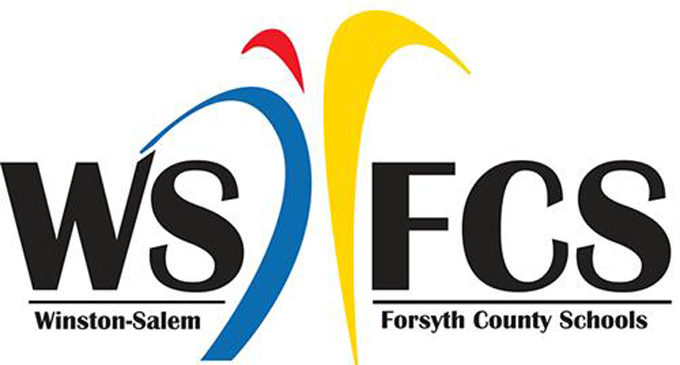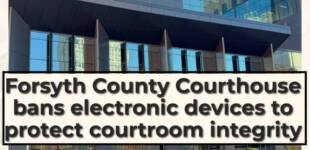WS/FCS Board of Education passes sustainability resolution

On Tuesday, Nov. 15, the Winston-Salem/Forsyth County Schools (WS/FCS) Board of Education passed a resolution pledging to integrate environmental sustainability into school operations and curriculum. The resolution joins action taken by the Forsyth County Board of Commissioners’ 2019 pledge to transition to 100% clean and renewable energy by 2050 and the City of Winston-Salem’s 2020 resolution to reduce greenhouse gas emissions, all efforts to improve sustainability throughout Forsyth County.
The resolution calls for integrating sustainability across the district. Features include working to make school facilities more energy-efficient, improving efforts to reduce landfill waste with recycling and compost programs, providing more opportunities to green school grounds with more sustainable learning landscapes, and working to engage students through integrated curriculum every step of the way.
WS/FCS consulted with Piedmont Environmental Alliance (PEA) to build the resolution. WS/FCS Superintendent Tricia McManus and the district’s operations and facilities team, talked with district administrators, school board members, parents, and teachers to develop this resolution in an effort to show support for more coordination on local sustainability efforts.
WS/FCS Superintendent Tricia McManus said, “Our district has been committed to environmental sustainability, but only in small pockets. This is an important step in aligning and strengthening all of our efforts to build districtwide expectations and support around sustainability.”
Since 2015, PEA has provided free environmental education programs to local schools, with an emphasis on teaching environmental STEM concepts like energy use and water conservation to underserved students. The organization also helped launch a composting program at Speas Elementary and worked with the district to eliminate the use of throwaway Styrofoam lunch trays.
PEA Executive Director Jamie Maier said, “I am thankful that the board of education passed this resolution, which I see as critical to the county’s goal of transitioning to 100% clean and renewable energy by 2050. The resolution promotes a sustainability mindset that will transform how schools operate. It will reduce greenhouse gas emissions while saving the district money. Most importantly, it will engage students as effective stewards of the environment.” Maier says PEA is looking forward to working with administrators and teachers in implementing and expanding environmental programs across the district.








